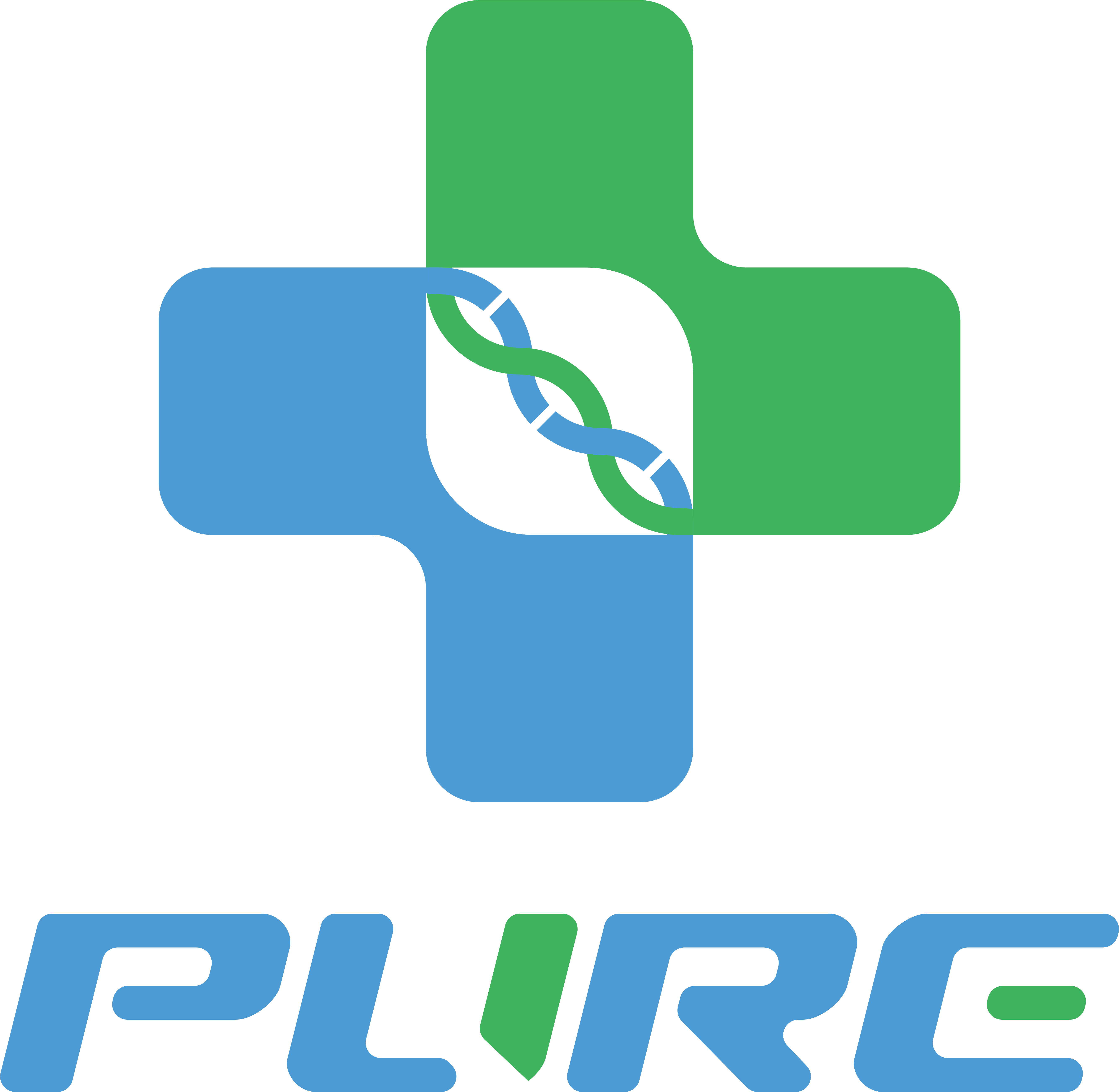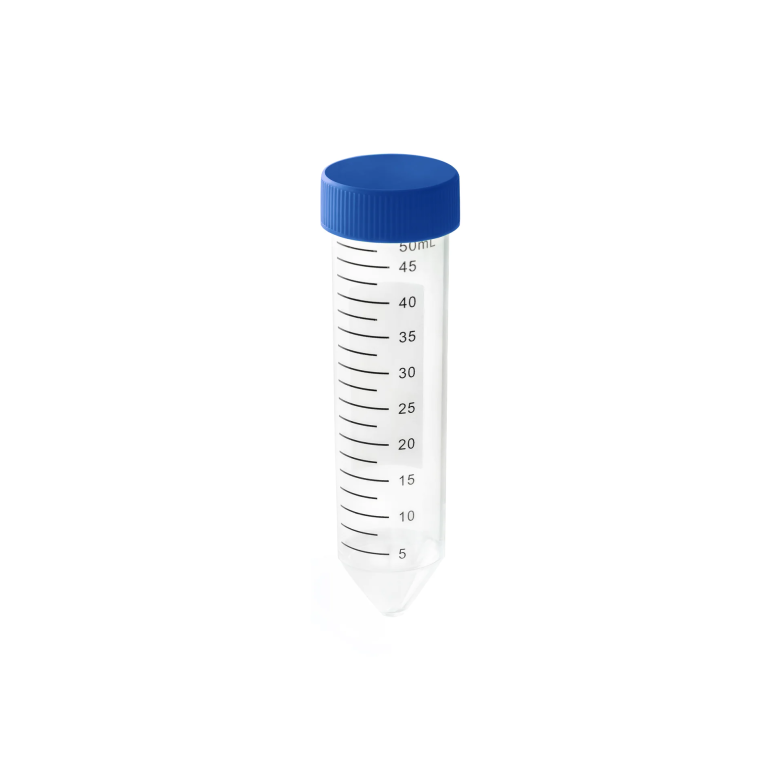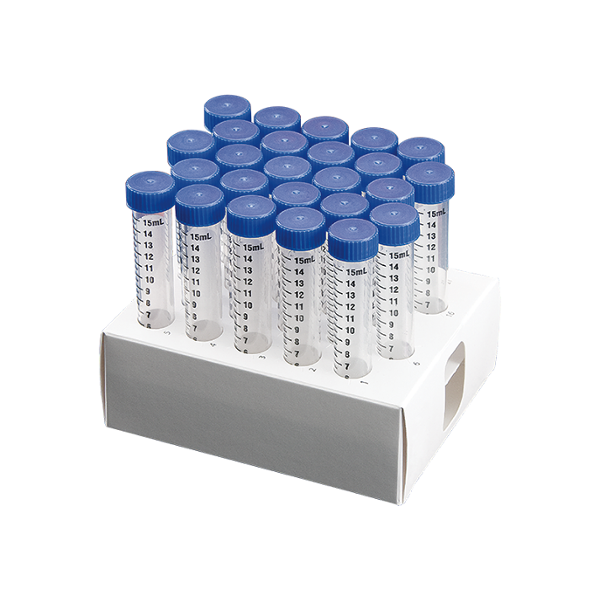Rainin pipette tips are generally not recommended for autoclaving. Autoclaving, which involves subjecting equipment and materials to high-pressure steam to sterilize them, can potentially damage plastic pipette tips, including those manufactured by Rainin.
Here are a few reasons why Rainin pipette tips are typically not autoclaved:
- Material Integrity: Autoclaving can cause plastic materials to degrade or deform, compromising the integrity of the pipette tip. This can lead to inconsistencies in pipetting accuracy and precision.
- Risk of Contamination: While autoclaving is effective at sterilizing equipment, it can also introduce the risk of contamination if the plastic material of the pipette tip breaks down or melts during the autoclaving process.
- Alternative Sterilization Methods: There are alternative methods for sterilizing Rainin pipette tips, such as gamma irradiation or ethylene oxide (EtO) gas sterilization, which are better suited for preserving the integrity of the plastic material and ensuring the sterility of the tips.
Instead of autoclaving Rainin pipette tips, it’s recommended to use sterile, pre-packaged tips or sterilize non-sterile tips using appropriate methods that do not compromise their quality or performance. Always refer to the manufacturer’s instructions and guidelines for proper handling and sterilization of Rainin pipette tips to maintain their reliability and effectiveness in laboratory applications.


